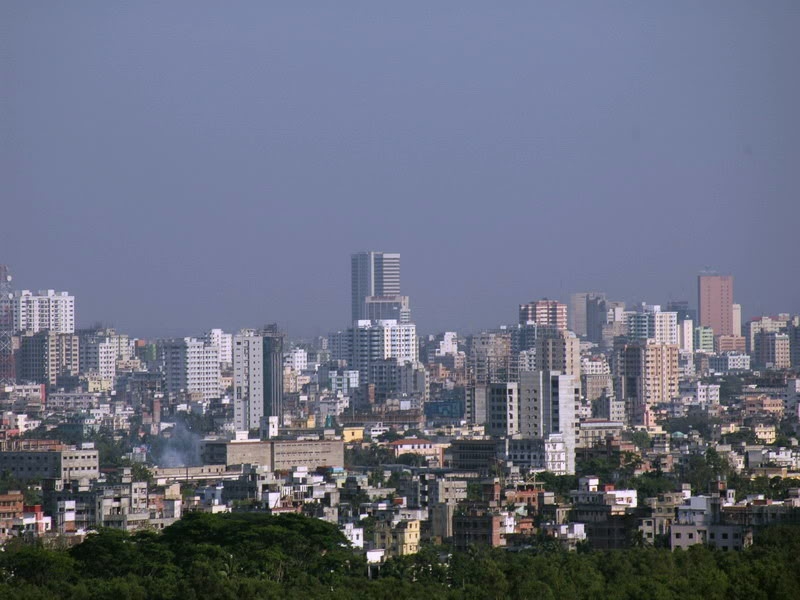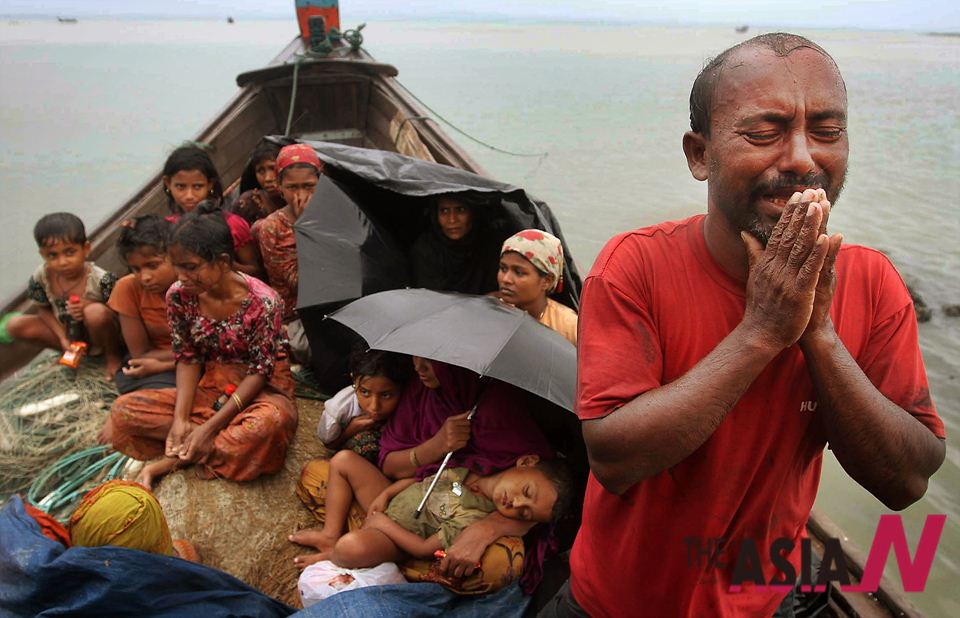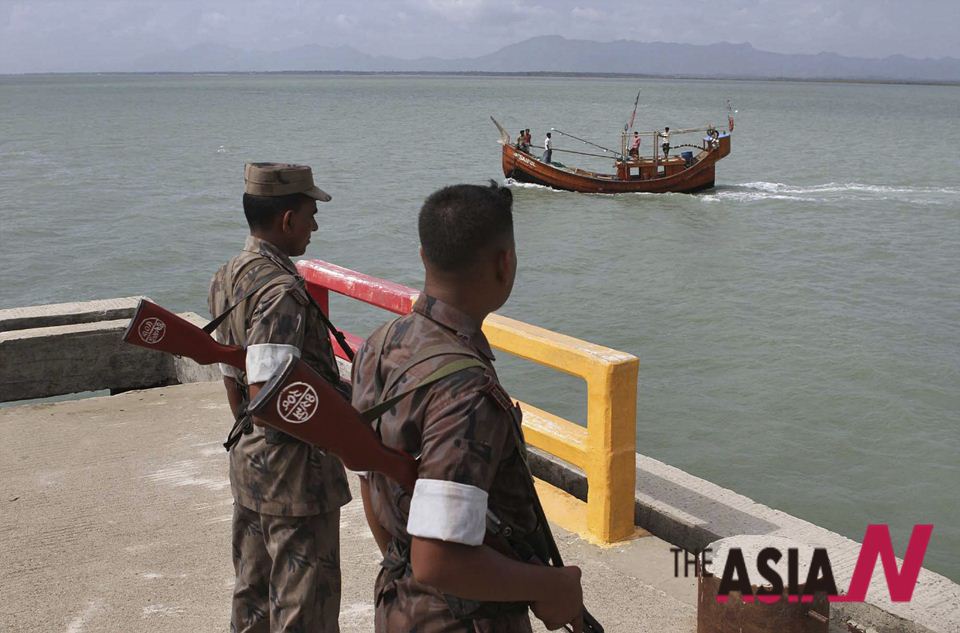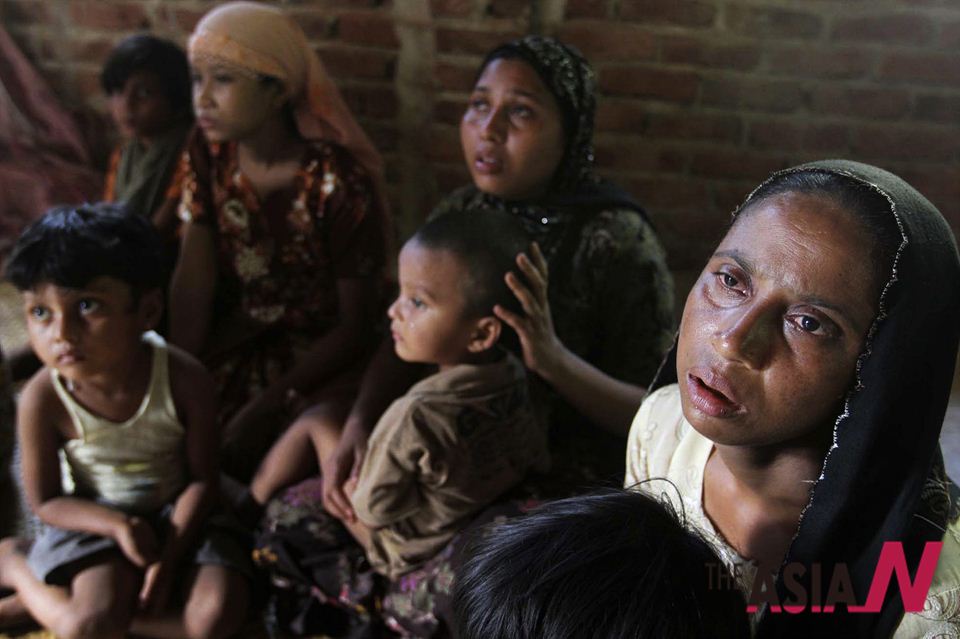Dhaka: UNHCR must solve root cause of Myanmar refugee
DHAKA, June 13 — Bangladesh Wednesday (June 13) denied the idea of harboring Myanmar refugees into Bangladesh further as Foreign Minister Dr. Dipu Moni is scheduled to hold dialogue with UN High Commissioner for Refugees (UNHCR) next week.
The foreign minister, however, insisted that the meeting with the UNHCR’s second-in-chief would not encompass ‘existing crisis’ in Myanmar, though issues of the repatriation of nearly 30,000 old Burmese refugees might come up for discussion.
Dipu Moni told journalist Wednesday that a senior UNHCR official would arrive in Dhaka June 19 and see her, but this visit would have nothing to do with the present crisis in Myanmar. The foreign minister expressed the hope that the Myanmar leadership, who are in the path of democracy now, would be able to solve the ‘internal’ matter amicably and pay attention to bring back their nationals stranded in Bangladesh for long. She also hoped that the existing crisis in Myanmar’s Rakhine state would not have any transboundary spill-over effect.
Dipu Moni’s hard-line stance to check the new influx of Myanmar refugees came after her government categorically negated the UNHCR’s idea of opening up Bangladesh borders for Rohingya refugees, who started taking shelter in Bangladesh following alleged political persecution by the Myanmar Junta in 1991.
More than 260,000 refugees have been sent back to Myanmar through UN-brokered initiatives, mainly by UNHCR, but nearly 30,000 of them officially remained stranded in Bangladesh.
Besides the documented number, an estimated half a million additional refugees, who sneaked into Bangladesh through porous borders, are also staying illegally, causing a major havoc to food, environment and internal security in impoverished Bangladesh.
The UNHCR, whose role has been questioned many times in last 20 years, came to the fore again after one of its officials gave an interview to BBC Bangla Service on Monday, asking Bangladesh to provide shelters to new Myanmar refugees and open up borders to pave ways for Myanmar nationals to come in.
Following sectarian violence in Rakhine state of neighbouring country Myanmar, thousands of people belonging to Rohingya Muslim community have been trying to enter into Bangladesh through land, river and sea routes since the beginning of this month. But Bangladesh border forces, coast guards and navy have been resisting them and pushing them back.
“The UNHCR has neither the mandate nor the power to give such suggestions to sovereign Bangladesh,” observed Ambassador Ashfaqur Rahman while talking to journalist in Dhaka today.
The former Bangladesh envoy, now a regular newspaper columnist and a public figure, appreciated government’s ‘tough stance’ on not to allow any refugees into Bangladesh, which has extreme bitter lessons from Myanmar refugees in past two decades.
A senior official of the ministry of foreign affairs also challenged the authority of the UNHCR to issue policy statement in international media and said “why UNHCR has never showed interest to find the root cause of ethnic violence in Myanmar?”
Talking to newsmen he said the root cause lied with the ‘denial of citizenship, to nearly one million of Muslim Rohingyas in Arakan, who are the majority in the Myanmar state but have no constitutional rights for centuries. He said even in last citizenship law, Myanmar did not recognize Rohingyas as their citizens.
“The denial of constitutional rights coupled with recent oppression by foreign multinationals and ethnic majorities might have an association with the existing crisis in Myanmar,” he said, urging UNHCR to look into the real path of solutions, instead of lingering refugee issues to continue ‘operations’ and protect ‘lucrative UN jobs’.






